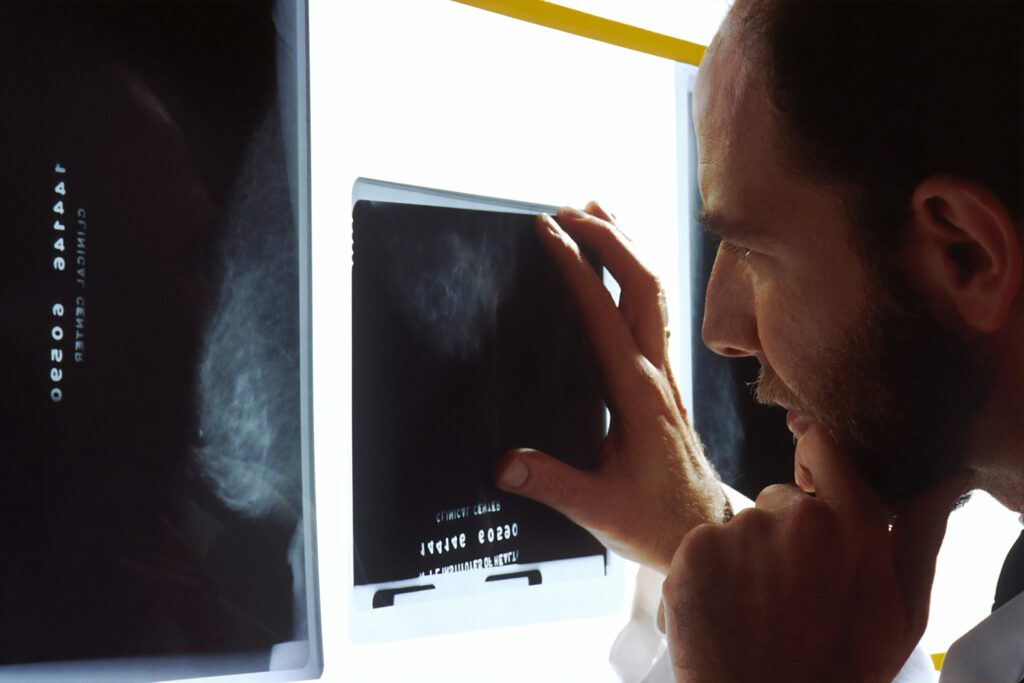
Madrid, August 30, 2025. An international clinical trial coordinated by the Centro Nacional de Investigaciones Cardiovasculares (CNIC) and the Mario Negri Institute for Pharmacological Research in Milan has revealed groundbreaking findings regarding the use of beta-blockers in heart attack patients. The study concludes that these drugs, commonly prescribed for cardiac conditions, offer no clinical benefit for patients who have experienced an uncomplicated myocardial infarction without subsequent heart function deterioration.
The findings, published in The New England Journal of Medicine and The Lancet, were presented at the European Society of Cardiology (ESC) Congress in Madrid. They challenge a treatment standard that has been in place for over 40 years, potentially reshaping clinical practices worldwide.
REBOOT Trial: A Comprehensive Study
The REBOOT trial, formally known as Treatment with Beta-Blockers after Myocardial Infarction without Reduced Ejection Fraction, involved 8,505 patients across 109 hospitals in Spain and Italy. Participants, who had a left ventricular ejection fraction above 40% post-heart attack, were randomly assigned to receive or not receive beta-blockers after hospital discharge. All patients received standard care and were monitored for nearly four years. The results showed no significant differences in death rates, recurrent heart attacks, or heart failure hospitalizations between the two groups.
While generally safe, beta-blockers can cause side effects like fatigue, bradycardia, and sexual dysfunction. “REBOOT will change clinical practice worldwide,” said Dr. Borja Ibáñez, CNIC Scientific Director and principal investigator. “Currently, over 80% of patients with uncomplicated myocardial infarction are discharged on beta-blockers. The REBOOT findings represent one of the most significant advances in heart attack treatment in decades.”
Implications for Clinical Practice
The trial’s findings indicate that beta-blockers may not be necessary for the majority of heart attack survivors, who typically maintain preserved cardiac function. However, the treatment appears beneficial for patients with moderately reduced contractile function. This subgroup, though small, showed improved outcomes, prompting researchers to conduct a meta-analysis with other trials. This analysis confirmed that beta-blockers significantly reduce risks for patients with moderately reduced cardiac function.
Dr. Xavier Rosselló, a CNIC scientist and cardiologist, emphasized: “These studies provide compelling evidence that post-infarction patients with fully preserved contractile function do not benefit from beta-blockers, whereas those with moderate or greater dysfunction do.”
Redefining Treatment Guidelines
Annually, over 2 million Europeans suffer heart attacks, including around 70,000 in Spain. Traditionally, most are discharged with beta-blockers, a practice now under scrutiny. Dr. Ibáñez explained that beta-blockers were initially added to treatment plans for their mortality reduction benefits, linked to decreased cardiac oxygen demand and arrhythmia prevention. However, with advancements in reopening occluded coronary arteries, the necessity of beta-blockers is being questioned.
The REBOOT trial, conducted without pharmaceutical industry funding, aimed to optimize heart attack care based on unbiased scientific evidence. “These results will help simplify and streamline treatment, reduce adverse effects, and improve the quality of life for thousands of patients every year,” Dr. Ibáñez stated.
A Landmark in Cardiovascular Research
REBOOT involved over 500 researchers from Spain and Italy, marking it as the largest clinical trial on this topic. The trial’s success highlights the collaborative efforts of CNIC, the Spanish Society of Cardiology (SEC), and CIBERCV. Dr. Valentín Fuster, CNIC General Director, remarked: “This trial will reshape all international clinical guidelines.”
The trial was funded by the Centro Nacional de Investigaciones Cardiovasculares Carlos III (CNIC), affiliated with the Carlos III Health Institute. The CNIC, recognized as a Severo Ochoa center of excellence, is dedicated to translating cardiovascular research into patient benefits, supported by a public-private partnership with the Spanish government and the Pro-CNIC Foundation.







